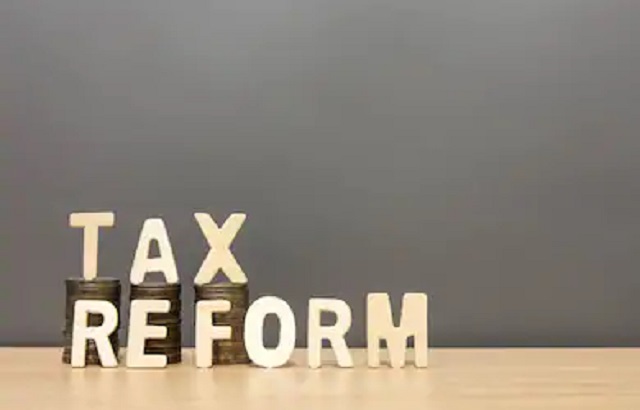The UK Treasury Committee has sent out a call for evidence to assess the role tax reliefs play within the economic landscape in the country.
The members of parliament (MPs) will look at what reliefs are available to individuals and businesses on their tax liabilities. Additionally, they will assess whether the system as a whole “achieves benefits for the UK economy that justify their cost”, they said.
When assessing tax reliefs, the committee will follow HM Revenue & Customs’ (HMRC) definitions of:
- Structural reliefs – those that are “integral parts of the tax structure”, with the purpose of defining the scope of the tax or calculate income or profits correctly. These include allowances that make a portion of income tax-free; and,
- Non-structural reliefs – those that are designed to encourage particular activities or behaviours to promote economic or social objectives, such as reliefs available for research and development.
The MPs added that many of the reliefs under scrutiny may fall under both categories.
Industry views
As a result, the committee has called on the financial services sector to provide written evidence on the state of the tax relief system.
More specifically, it wants to understand whether they currently represent good value for money, if they are being used as the law intended, and whether they carry problems for taxpayers – and if so, which ones.
On top of that, MPs are also accepting suggestions on what types of reforms the system would require to work more effectively, such as increasing the number of reliefs available, removing or reforming current ones, and changing the way they are administered to reduce complexity and cost.
The Treasury Committee added that “in any response, [it] would particularly welcome international comparisons and relevant measures and data”.
Submissions are open until 19 September 2022 at 5pm.








